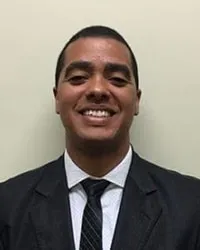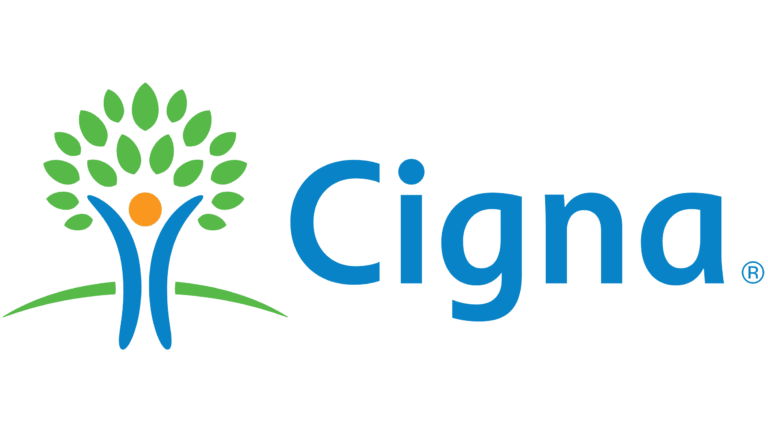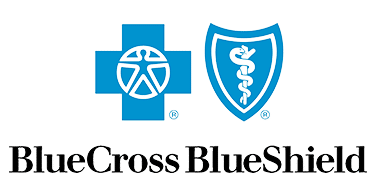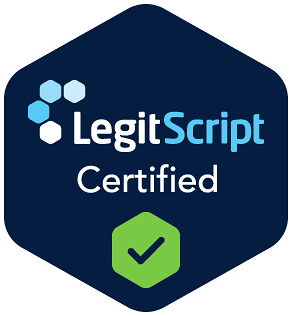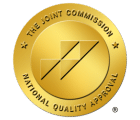Addiction is a devastating disease that not only affects the individual struggling with substance abuse but also takes a severe toll on relationships and families. The pervasive nature of addiction can lead to broken trust, financial hardships, emotional distress, and even physical harm. Families and loved ones often find themselves in a perpetual state of worry and anxiety, desperately seeking solutions that can help their addicted loved one find the path to recovery. In these dire circumstances, one of the questions that frequently arises is whether it’s possible or lawful to force someone to go to rehab. Here we guide through understanding whether or not you can force a loved one into rehab.
Understanding Addiction and Its Impact on Relationships
Addiction is widely recognized as a chronic disease that affects the brain’s chemistry and functioning, leading to a compulsive need to seek and use substances despite harmful consequences. It is important to remember that addiction is not a moral failing but a medical condition. This shift in perspective can benefit families trying to navigate their loved one’s recovery journey.
The impact of addiction on relationships and families cannot be overstated. Loved ones often experience various emotions, from anger and frustration to sadness and hopelessness. Relationships can become strained as trust is eroded, and family members might find themselves in constant conflict with the person struggling with addiction. The financial strain of supporting a loved one’s substance use, coupled with potential legal issues, can further complicate the family dynamic. Understanding that addiction is a disease can help families approach the situation with more empathy and patience, but it does not diminish the urgency of finding effective treatment.
Legal Provisions to Force a Loved One into Rehab: Baker and Marchman Acts in Florida
In the quest to help a loved one overcome addiction, families may wonder if there are legal avenues to mandate treatment. The answer largely depends on the jurisdiction, but some states have laws that facilitate involuntary commitment to rehab for individuals unable or unwilling to seek help independently. In Florida, for example, the Baker and Marchman Act provides legal mechanisms for involuntary commitment in specific situations.
The Baker Act
Also known as the Florida Mental Health Act, the Baker Act is designed primarily to enable the involuntary examination and temporary commitment of individuals experiencing a mental health crisis. Suppose a loved one is posing a threat to themselves or others due to their substance use. In that case, the Baker Act can be invoked to initiate a period of involuntary assessment and stabilization in a mental health facility. While not specifically targeted at addiction, the Baker Act can be a gateway to more comprehensive treatment, including rehab.
The Marchman Act
The Marchman Act is specifically designed to address substance abuse issues. Under this law, family members, friends, or even law enforcement officers can petition the court to order an individual into involuntary assessment and treatment if they meet specific criteria. The primary conditions are that the individual must be incapable of appreciating their need for treatment and be a danger to themselves or others. The process begins with filing a petition, followed by a court hearing, and if the criteria are met, a judge can order involuntary commitment to a treatment program.
While these legal options can provide a lifeline, they are often seen as a last resort. The emotional and legal complexities involved make it essential for families to approach these measures carefully, ideally with the guidance of a mental health professional or legal advisor.
What Loved Ones Can Do if Treatment is Refused
Trying to force your loved one into rehab isnt always the solution. If your loved one refuses treatment, it doesn’t mean you are without options. Here are some actions that families can take to support an addicted loved one:
Intervention
A professionally conducted intervention can be a powerful way to confront an addicted loved one with the reality of their situation and the impact of their behavior on those around them. Interventions need to be carefully planned and executed, ideally with the help of a professional interventionist.
Educating Yourself
Knowledge is power. Educate yourself about addiction, its effects, and the treatment options available. Understanding the disease can help you provide more effective support and reduce your feelings of helplessness and frustration.
Setting Boundaries
Establishing and maintaining clear boundaries is crucial. This means not enabling the addictive behavior through financial support or other means. It also involves protecting your own emotional and physical well-being.
Seeking Support
Families of addicted individuals often benefit from support groups like Al-Anon or Nar-Anon, where they can share experiences and strategies with others facing similar challenges.
Reach Out To Palm Beach Recovery Centers Today
The journey towards recovery can be daunting, but it is not one you have to undertake alone. At Palm Beach Recovery Centers, we provide comprehensive, compassionate care tailored to each individual’s needs. Whether it’s exploring the possibility of an intervention, understanding the legal avenues available, or finding the right treatment program, our team of experts is here to help.
If you or a loved one is struggling with addiction, don’t wait. Contact Palm Beach Recovery Centers today for immediate assistance and take the first step towards recovery and a healthier, happier future.
Contact Palm Beach Recovery Centers now. Your loved one’s path to recovery starts here.

